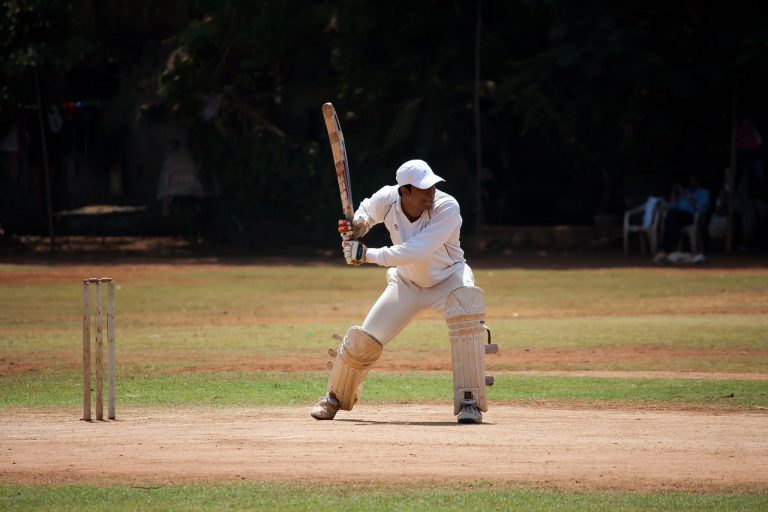এই গ্রীষ্মে মাত্র পাঁচ দিন বা এক সপ্তাহ সময় থাকলেও দাবার প্রতি ভালোবাসা থাকলে এখনই নাম লেখানোর সময়। বিখ্যাত বিয়েল...
কাতার বিশ্বকাপকে সামনে রেখে নিজেদের প্রস্তুতি ঝালিয়ে নিতে আন্তর্জাতিক প্রীতি ম্যাচে অংশ নিচ্ছে ব্রাজিল ও আর্জেন্টিনা। বাংলাদেশের সময় অনুযায়ী, শুক্রবার...
আইটিসির জনপ্রিয় নোটবুক ও স্টেশনারি ব্র্যান্ড ক্লাসমেট সম্প্রতি নয়াদিল্লিতে অনুষ্ঠিত একটি চমকপ্রদ জাতীয় ফাইনাল ইভেন্টের মাধ্যমে তাদের তৃতীয় ‘ক্লাসমেট অলরাউন্ডার...
প্রাকৃতিক খাদ্য উপাদান হিসেবে মধু শুধুমাত্র স্বাদেই নয়, উপকারীতার দিক থেকেও অনন্য। বিশেষ করে সকালে খালি পেটে এক চামচ মধু...
জিএম হিকারু নাকামুরা ২০২৫ সালের দ্য আমেরিকান কাপের চ্যাম্পিয়ন্স ফাইনালে ব্লিটজ টাইব্রেক রাউন্ডে জিএম ফাবিয়ানো কারুয়ানাকে ৩.৫-২.৫ পয়েন্টে হারিয়ে চ্যাম্পিয়ন...
ব্যবসায়িক প্রয়োজনে বা ব্যক্তিগত ক্ষেত্রে অনেক সময় টাকা লেনদেন করতে হয়। বিশেষ করে ধার-দেনার ক্ষেত্রে একটি লিখিত চুক্তিপত্র তৈরি করা...
ফর্মুলা ১-এর বর্তমান প্রযুক্তিগত নিয়মাবলির শেষ বছরে প্রবেশ করা মানে হল বড় ধরনের অগ্রগতি করা আরও কঠিন হয়ে পড়েছে, কারণ...
কৃষ্ণনগরে এবার জগদ্ধাত্রী পুজোয় দর্শনার্থীদের জন্য অন্যতম বিস্ময় হতে চলেছে বিশ্বের সবচেয়ে বড় জগদ্ধাত্রী প্রতিমা। এই বিশাল প্রতিমার উচ্চতা ৫২...
বিশ্বজুড়ে শিক্ষার বিভিন্ন দিক নিয়ে কাজ করা একটি অলাভজনক সাংবাদিক সংস্থা, দ্য হেচিঞ্জার রিপোর্ট, সম্প্রতি বিশেষ শিক্ষার অন্তর্ভুক্তি নীতিকে কেন্দ্র...
সিডনির মাঠে বৃহস্পতিবার (৩ নভেম্বর) পাকিস্তান ও দক্ষিণ আফ্রিকার মধ্যে অনুষ্ঠিত ম্যাচে পাকিস্তানের ব্যাটিং একেবারেই ভেঙে পড়ে। মাত্র ৪৩ রানেই...


























